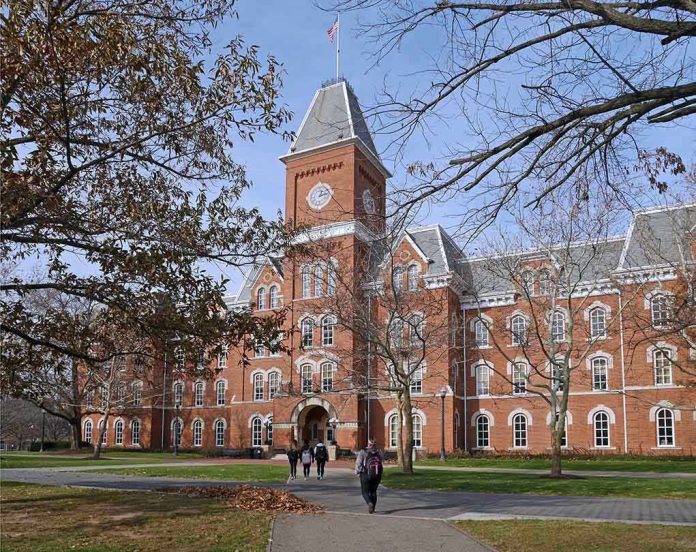
The University of Minnesota’s declaration of a “whiteness pandemic” has ignited a national debate that blurs the lines between academic activism, federal funding, and the boundaries of free speech, leaving parents, scholars, and policymakers asking what’s truly at stake in America’s culture wars.
Story Snapshot
- The University of Minnesota publicly labeled “whiteness” as a “pandemic,” urging White parents to “re-educate” themselves and their children.
- Federal funds from the National Institute of Mental Health backed the project, raising questions about government involvement in academic messaging.
- Conservative media amplified the controversy, framing it as ideological overreach and divisive activism.
- The university stands by its commitment to academic freedom amid intensifying national debates over DEI (diversity, equity, and inclusion) initiatives.
University Labels “Whiteness” a Pandemic—And the Fallout Begins
In 2021, the University of Minnesota’s Culture and Family Life Lab launched an initiative describing “whiteness” as a “pandemic” driving systemic racism in the United States. Funded by a National Institute of Mental Health grant, the lab’s website provides resources specifically urging White parents to “re-educate” themselves and their children. This framing—blending medical language with cultural critique, set the stage for a firestorm of public debate, especially after Fox News and other outlets spotlighted the project in November 2025.
Critics swiftly seized on the pandemic metaphor. Rhyen Staley of Defending Education denounced the program as “far-left programming,” while constitutional law scholar Jonathan Turley described the university’s approach as “extreme” and symptomatic of ideological excess. The project’s academic origins and federal funding only fueled the controversy, prompting widespread questions about the line between scholarship and activism—and about the proper use of taxpayer dollars in higher education.
The Scholarship and Its Discontents: Academic Freedom Under Fire
Dr. Gail Ferguson, the project’s lead researcher, and her team at the Culture and Family Life Lab assert that “whiteness” is a social system perpetuating racial inequality. Their research, published in reputable journals and recognized by professional societies, argues for deliberate antiracist parenting as a means to disrupt this cycle. The university’s administration, facing mounting criticism, reaffirmed its “steadfast commitment to the principles of academic freedom” even as calls intensified for the removal of what some have branded “dubious activist-academic scholarship.”
Supporters of the initiative contend that naming and challenging “whiteness” is critical to dismantling systemic racism, especially in the wake of the 2020 murder of George Floyd in Minneapolis. They view the pandemic metaphor as a provocative but necessary rhetorical device to spur self-reflection and reform. Detractors, conversely, see it as stigmatizing, divisive, and lacking empirical rigor—an example of higher education’s drift into politicized territory with real consequences for public trust and funding.
Amplification and Aftermath: Media, Politics, and Public Perception
Conservative media’s coverage in late 2025 catapulted the story into the national spotlight, amplifying public outrage and sharpening partisan divides. The university’s website and resources remain online as of this writing, with no major retractions or edits. In the short term, the controversy has intensified scrutiny of DEI initiatives, placing university officials in the crosshairs of public and political pressure. Longer term, the debate could influence federal funding decisions, shape future DEI programming, and set precedents for how universities navigate contentious social issues.
The University of Minnesota’s experience mirrors a broader trend: across the nation, higher education institutions find themselves at the nexus of cultural, political, and ideological battles. The stakes are high, not only for university reputations and financial stability but for the evolution of academic freedom and the role of education in shaping America’s conversations on race, privilege, and equality. Whether seen as courageous truth-telling or ideological overreach, the “whiteness pandemic” project has forced the question: what is higher education’s responsibility in a divided society, and who gets to decide where the lines are drawn?
Sources:
University of Minnesota Culture and Family Life Lab



